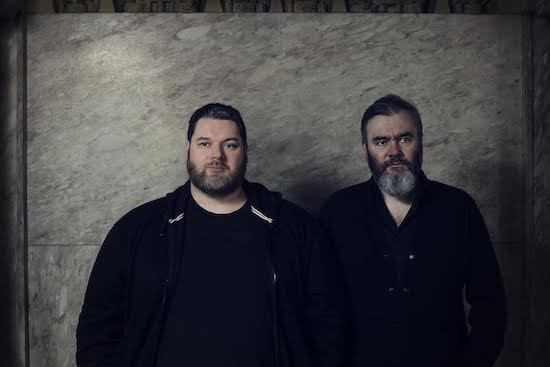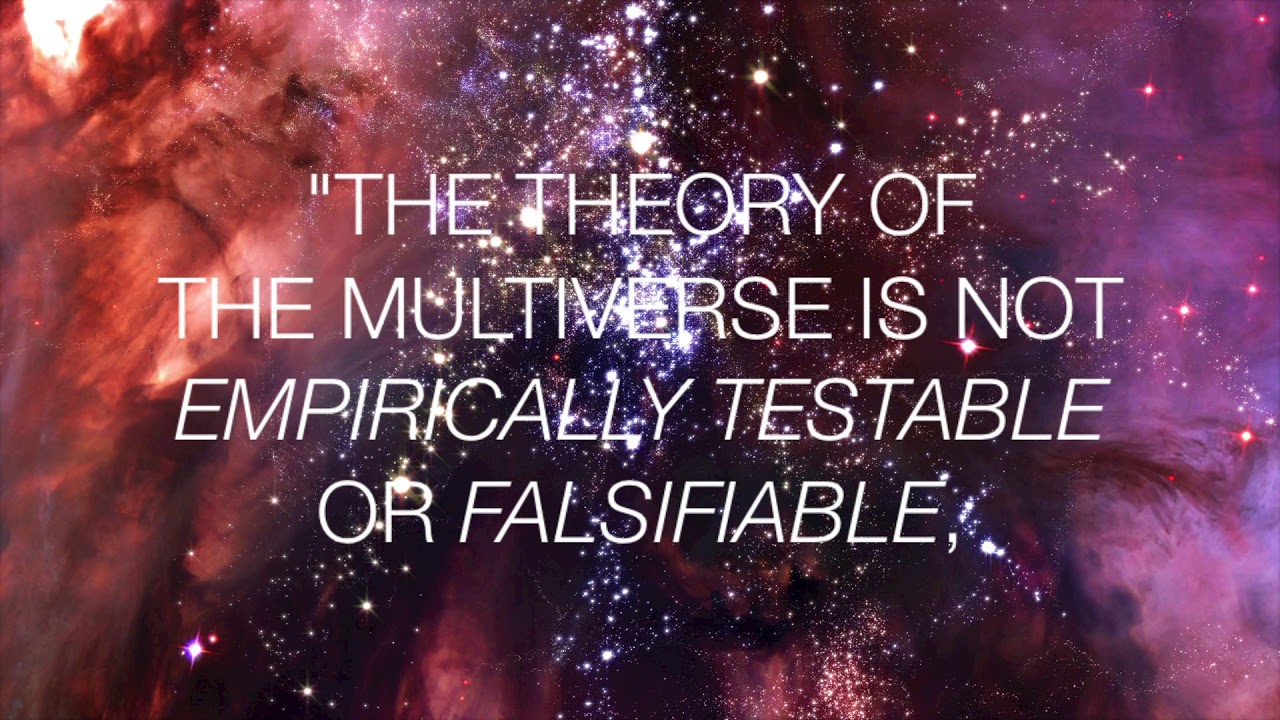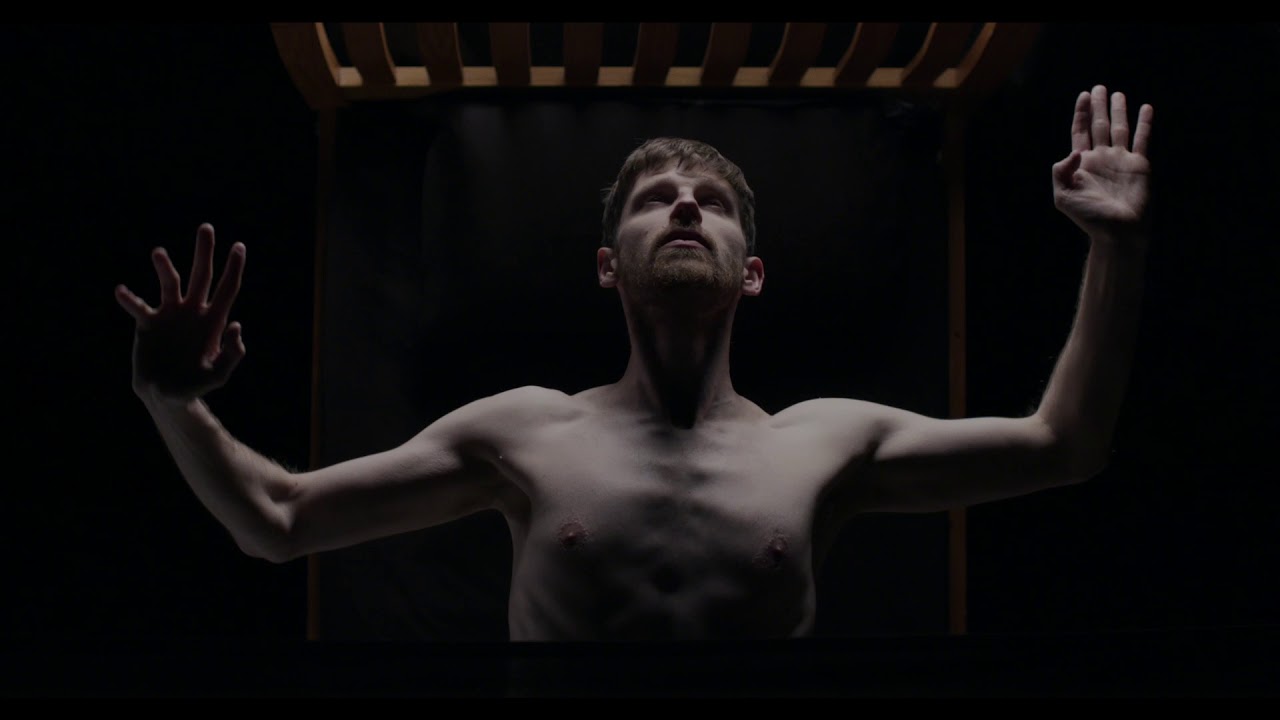Aidan Moffat and fellow Scot RM Hubbert have collaborated on record and live a number of times before, most notably on ‘Car Song’ which featured on the latter’s 2012 album Thirteen Lost & Found, but earlier this year the pair revealed that they had finally gone into the studio together to record a full collaborative album.
That album is Here Lies The Body which, as the pair explain, centres around themes of love, sex and death opening on single ‘Cockcrow’ which introduces the story of a pair of estranged lovers who find themselves having a chance encounter while both on hen and stag parties in Blackpool. The album follows their story from that point as Moffat explains in further detail below.
Premiering above is the third taste of the album, following on from previous singles ‘Cockcrow’ and ‘Party On’, in the form of ‘Quantum Theory Love Song’, which you can enjoy via a nifty lyric video.
You can pre-order Here Lies The Body ahead of its May 11 release via Rock Actionhere where you can also find a list of upcoming tour dates which will see the pair take the album on the road. Continue reading below for a short Q&A with Aidan Moffat about the album and how he and RM Hubbert came together.
The album follows a narrative introduced on the first track of two old flames having a chance encounter while on hen and stag parties in Blackpool. Could you tell us more about how that narrative develops and why you decided to write a record with such a specific, sequential narrative arc?
Aidan Moffat: Rather than write another first-person record from my perspective, I wanted to explore two points of view – the idea was inspired by an article about mothers who abandon their families, so it was important to have some of the songs from a woman’s perspective too. So the album begins with a duet and follows on from there, but the songs aren’t really in a sequential narrative, some detail what happens next and some what happened before – I didn’t want the words to dictate how the album flowed because they’re only a part of the whole. And I didn’t want it to be too obvious either – there’s a story there if you look for it, or you could just (hopefully) enjoy the tunes for what they are.
But now that we live in a time when the album’s death is wrongly proclaimed every couple of years and more people are streaming playlists, I think it’s important to use the album to its full potential – these aren’t just a bunch of songs we threw together in a package to make money, they’ve got something to say and a story to tell. As far as I’m concerned, the long-playing music album is the greatest artistic platform ever created, and it’s completely classless and available to all – and the best albums are the ones that suck you into a different world for a wee while and take you on a journey, and hopefully that’s what ours does.
You say that the album’s title has a dual meaning, around sex and death. How does that tie in with what’s explored on the album’s tracks?
AM: It’s about sexual surrender and emotional death… sex, love, birth, death; the birth of love, the death of love; sex versus love and vice versa. I actually got the name from a secondhand book of limericks I bought on tour, and it seemed to sum it all up perfectly. I don’t remember how the limerick went, but I’m sure it was shite.
You’ve released music together in the past but Here Lies The Body is your first full collaborative album. How did you first meet and come to getting together in the studio?
AM: Neither of us really know how we first met, we’ve just been around Glasgow playing music for years and naturally crossed paths. After our song for Hubby’s Thirteen Lost & Found album, we’d been singing it on a joint tour and decided we should try some more. That was years ago, but you have to plan well in advance these days – we were both busy with other film and music work, so the album couldn’t have come out any sooner. That also gives you the advantage of being able to refine everything over time and make sure you’re absolutely ready to record when you get to the studio – everything was pretty much written by the time we got there, and we only needed a few days to record the whole album. Which is especially good for the likes of us – there’s nothing like twenty-odd years in the independent music scene to turn you into a right tight bastard.




